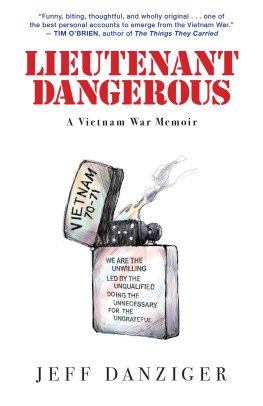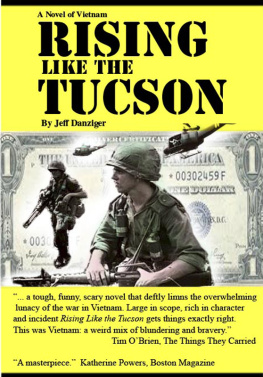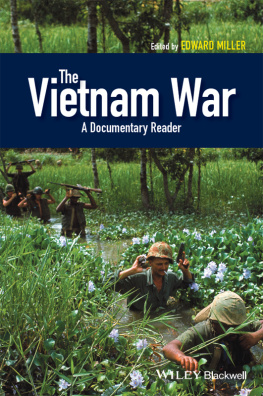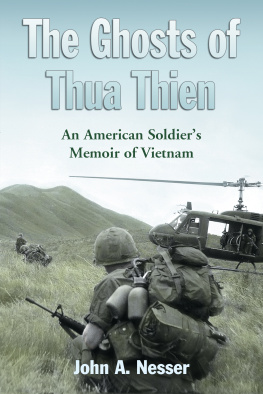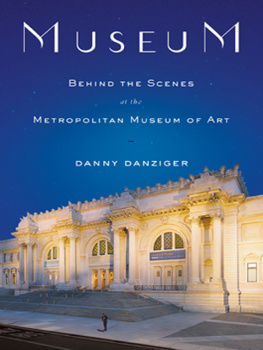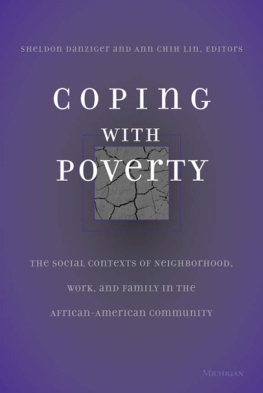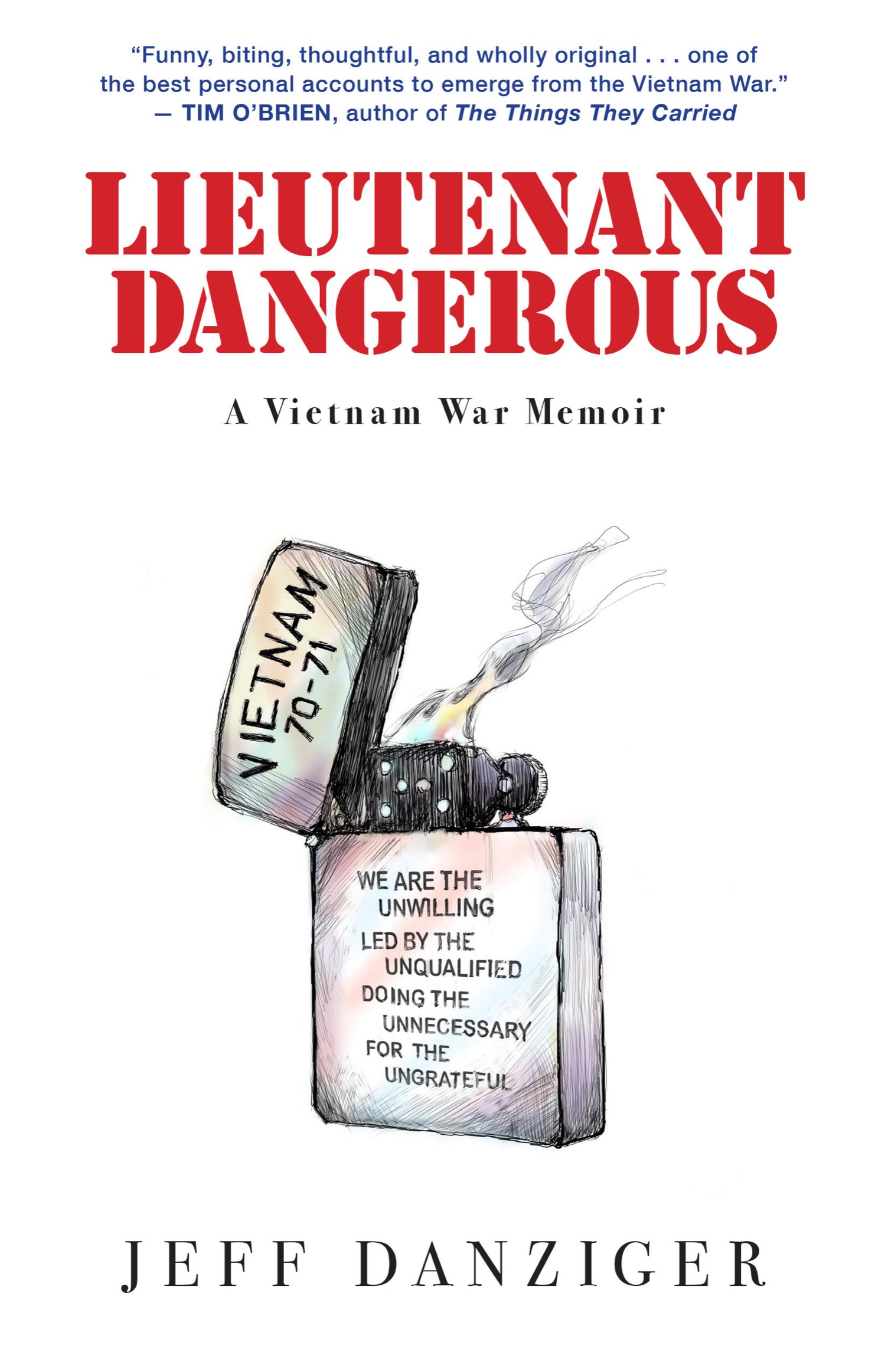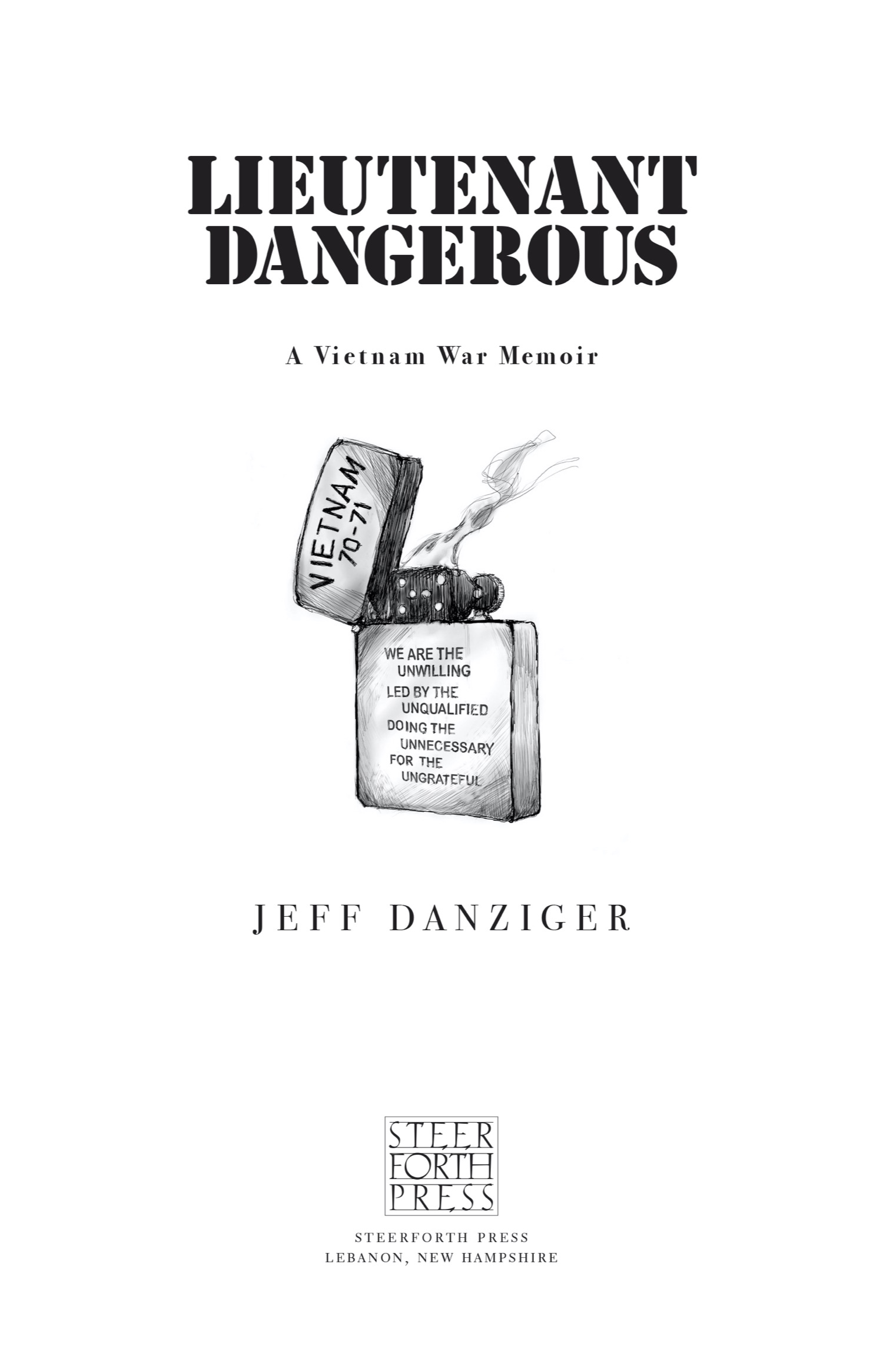Contents
Landmarks
Print Page List
From arguably the best political cartoonist this nation has ever producedwow: words! And what words. Having spent a decade on the ground in Afghanistan, I can certify: this book applies directly to todays wars. Only, in the transition to an all-volunteer army, what may have disappeared from the ranks of our officers is this type of brutally honest skepticism.
Sarah Chayes, author of The Punishment of Virtue: Inside Afghanistan After the Taliban and On Corruption in America: And What Is At Stake
Every West Point cadet should be required to read Lieutenant Dangerous, political cartoonist Jeff Danzigers powerful memoir about his four years in the army, when honor, integrity, and purpose were as illusory as American victory in Vietnam.
David Cay Johnston, recipient of the Pulitzer Prize, an IRE Medal, and the George Polk Award
Not since Tobias Wolfs In Pharoahs Army has there been such an honest and self-aware war memoir to come out of the Vietnam conflict. Jeff Danzigers Lieutenant Dangerous belongs on the shelf next to Wolf, Tim OBriens The Things They Carried, and Karl Marlantes Matterhorn.
Tom Bodett, author and radio anomaly
I am not a weeper, but I sat on the bus to Ft. Dix and wept. So begins Jeff Danzigers youthful journey to the center of Americas Vietnam maelstrom. A 24 year-old Vermonter with a pregnant wife at home, Danziger experienced the full-on nightmare of the Armys Vietnam catastrophe. He saw everything combat death, hypocrisy, moral degradation, and the fervid futility of the mightiest nation on earth bested on the battlefield by men and women fighting in pajamas and loincloths. He saw everything, that is, except the nominal purpose of the conflict. There is no evidence of a shared cause with our South Vietnamese allies, no evidence that American soldiers knew or cared about the Communist Threat, and no evidence of the proverbial quest for glory that theoretically animates military endeavors. War, he writes, is in an awful way, interesting, if you can avoid getting killed and dont mind loud noises. Danzigers purpose is to inform, but he and we wonder what the story of the 55,000 squandered American lives has taught us. Then the jungle; now the desert. Then B-52s; now Predator drones. The more Americas ill-informed interventions change, the more they stay the same.
Alex Beam, author of Broken Glass and Gracefully Insane
Copyright 2021 by Jeff Danziger
A LL R IGHTS R ESERVED
For information about permission to reproduce selections from this book, write to:
Steerforth Press L. L. C., 31 Hanover Street, Suite 1
Lebanon, New Hampshire 03766
Cataloging-in-Publication Data is available from the Library of Congress
ISBN9781586422738
Ebook ISBN9781586422745
a_prh_5.7.0_c0_r1
For Jan
Contents
People go to fight wars because they dont understand the seriousness of what theyre doing.
J OSEPH H ELLER
AUTHORS NOTE
The Vietnamese are among the bravest and most wonderful people on earth. I hope this writing shows the deepest respect and appreciation for their culture and their history. Despite much study and effort, throughout my war experience, I never gained much mastery of their musical language. And they never could pronounce my last name.
Dummerston, Vermont
August 2020
It has now been more than forty-five years since my tour in Vietnam in the army, a period of time in which I thought I would think about the war less and less. The opposite is true. These days I wonder how such a thing could have happened, not just to me but to the United States as a whole. I am reminded from time to time when I am talking with younger people, and I have to force myself to not talk about the war. I have to make an almost physical effort to mention the war only in passing and go on to other subjects. They, after all, have the present to think about.
But if they do bring it up first, thats a different story. And when they do, their interest is often motivated by their own personal security. For instance, if theres one thing young people interested in my Vietnam War experience want to know about first, its the draft. What if the draft were reinstated? How did it work?
The rules of the draft back then were sneaky and open to local interpretation, not exercised the same or to the same effect everywhere in the country. In these days of gender equality, it seemed strange that only males were required to register at the age of eighteen. Even stranger that they could avoid being called up if they were in college. That immediately struck my listeners as terribly unfair, which it was. Why should young people who were fortunate enough to be in college not have to share the burden of the war? Why should other young people lacking the intellect or the money for college be sent off to risk their lives fighting? Didnt this hint that the thinking at high government levels was that if a young man were thick enough to get drafted, he deserved less from life? He deserved to be an infantry grunt. If you were dumb and poor you were expendable. Even today, I find that hard to explain.
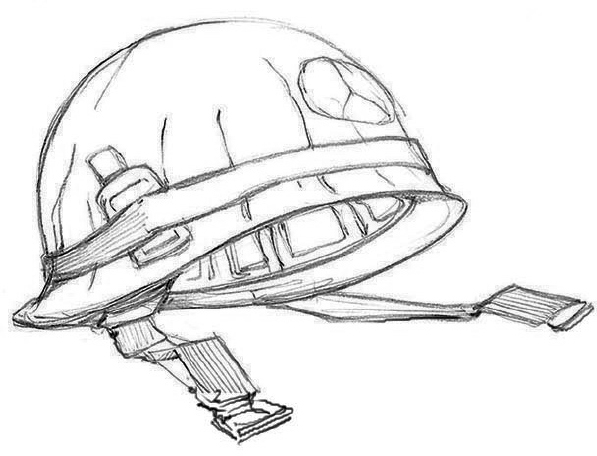
There were other unfair exceptions. If a man was married by a certain date, or had a child by a certain date, the draft boards had to excuse that man from service. That was the law. If you were drafted and you didnt show up, they came and arrested you. You could go to jail, and then be in the army anyway. It was not only unfair, it was weird. And it got weirder.
For example, there was the somewhat secret stipulation that your draft board could not be changed from the location where you registered at eighteen. The draft boards were made up of local people in local communities. How they were chosen remains a mystery. But they had a normal inclination to protect the young people they knew locally, and choose for service people they didnt know. They had to supply so many draftees a month from the lists of those who had registered in their communities. A friend in my basic training company, John Stephenson, was from Montana and had attended Dartmouth College. He was in Hanover, New Hampshire, when he turned eighteen. After graduation he moved back home to Montana. The Hanover draft board, probably reflecting the townie sensibility, drafted him, and called him back from Helena. He was angry, unhappy with Hanover and with the beggar-thy-neighbor attitude of the New Hampshire people he had come to dislike anyway. Of course, the draft board in Helena probably did the same thing, drafting men not from local families but from away. To John it seemed to be a perversion of the idea of everyone sharing a national burden equally. And it was.
What if you really didnt want to go? I had to think. What if? But no one wanted to go. I found it hard to explain that a huge percentage of American soldiers didnt want to be American soldiers.
My draft board was in Peekskill, New York, and they did the same thing to me as they had done to John Stephenson. I had moved to Vermont after college. The Peekskill people were just as eager to protect their local sons, and since I was no longer local, they put my name on the list. For a year I had a job in Vermont at a GE plant that made machine guns for fighter aircraft, and the job had a deferment. My exact job was to produce industrial films to illustrate the destructive power of miniguns. Miniguns were Gatling-style guns used to strafe the Vietcong and North Vietnamese army troops. They were very effective. Fired down from small planes and helicopters, they supposedly protected US Army troops, or so I felt at the time. It did not occur to me that miniguns were very high-technology weaponry used against an enemy who had just rifles and no aircraft. I did not want it to occur to me.

